It may be no coincidence that three trust surveys were published just when the annual World Economic Forum Davos event kicked off in Switzerland. Let’s take a quick look at them:
Edelman Trust Barometer: The annual Edelman survey polls the public on the four major societal groups: government, business, NGOs and the media. The results are not so much about trust, but rather PERCEPTION of trust by members of the public who participate in the survey.
YPO Global Pulse Survey on Trust: Another global survey, this time of business leaders. Again, a measure of perception of trust, this time by business leaders.
Morning Consult: Survey of the Building Blocks of Consumer Trust in Brands: Explores the factors that are important to consumers when considering whether to trust a company. The results of this survey are quite different from the first two. I suppose it depends who you ask and how you ask your questions about trust. This survey also measures perception of trust, this time on the part of consumers.
These surveys, and others like them provide Davos attendees with some common language to talk about trust, and in many ways, that’s important, especially in a gathering of world leaders who may be thinking about “trust” for the first time. But it’s only a start.
So what’s the problem?
The problem is, and has been for over a decade, that perception of trust surveys provide no action plan for moving the needle on trust in any societal group. All they do is provide something to talk about.
And what is the solution?
If you lead any team or organization, please consider the following statements when planning an ACTIONABLE trust strategy:
- In every organization, trust is an outcome of ethical leadership, nothing else will build it. If the leader is unwilling to acknowledge that trust starts and stops with them, there is no reason to read any further.
- To elevate trust, only the leader can CHOOSE it as a business priority.
- Leaders should not confuse PURPOSE with PRINCIPLED BEHAVIOR. Principles must be addressed if purpose is to have any meaning or impact. Putting purpose before principles has the same effect as a clean shirt on a dirty body.
- Trust is built through actions not words. Modeling trust is an intentional business strategy that must be practiced and reinforced daily, and driven by leadership.
- Trust is not a marketing tool, and it can’t be delegated to compliance, HR or any other function. The leader owns it along with the Board.
- A leader cannot expect anyone in their organization to care about trust if they don’t. And if you think low trust is not a tangible risk, consider its impact on Boeing and many others who chose to ignore it.
- Trust is interpersonal, and a trustworthy culture is built from the inside out. Brand trust, data trust, AI trust and every other “buzzy” trust of the day, including “Purpose” will be natural outcomes.
- When presented with an expensive trust “solution,” by an organization that offers “trust” as one of many options, a closer look is probably in order, since its chances for long-term success are slim. Trust subject matter experts may be more difficult to identify, but locating them will be well worth the price. Don’t follow the crowd.
- Waiting until after the crisis to build trust will be very costly and in most cases, completely ineffective.
- Many leaders are proactively embracing trust as an intentional business strategy. They currently have an advantage over those who are still at the “talking” stage.
Making the decision to move beyond trust talk to trust action is a hard one. It requires not only introspection but a certain amount of vulnerability. Virtues like trust, the ones that really matter, may not be easy, but they are certainly worth exploring for those who are seeking long-term success.. Who is up for the challenge once Davos ends?
Barbara Brooks Kimmel is the Founder of Trust Across America-Trust Around the World. Now in its eleventh year, the mission is to help organizations build trust. That’s all we do.
Copyright 2020, Next Decade, Inc.

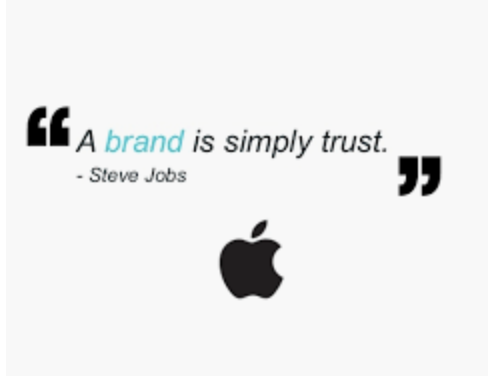
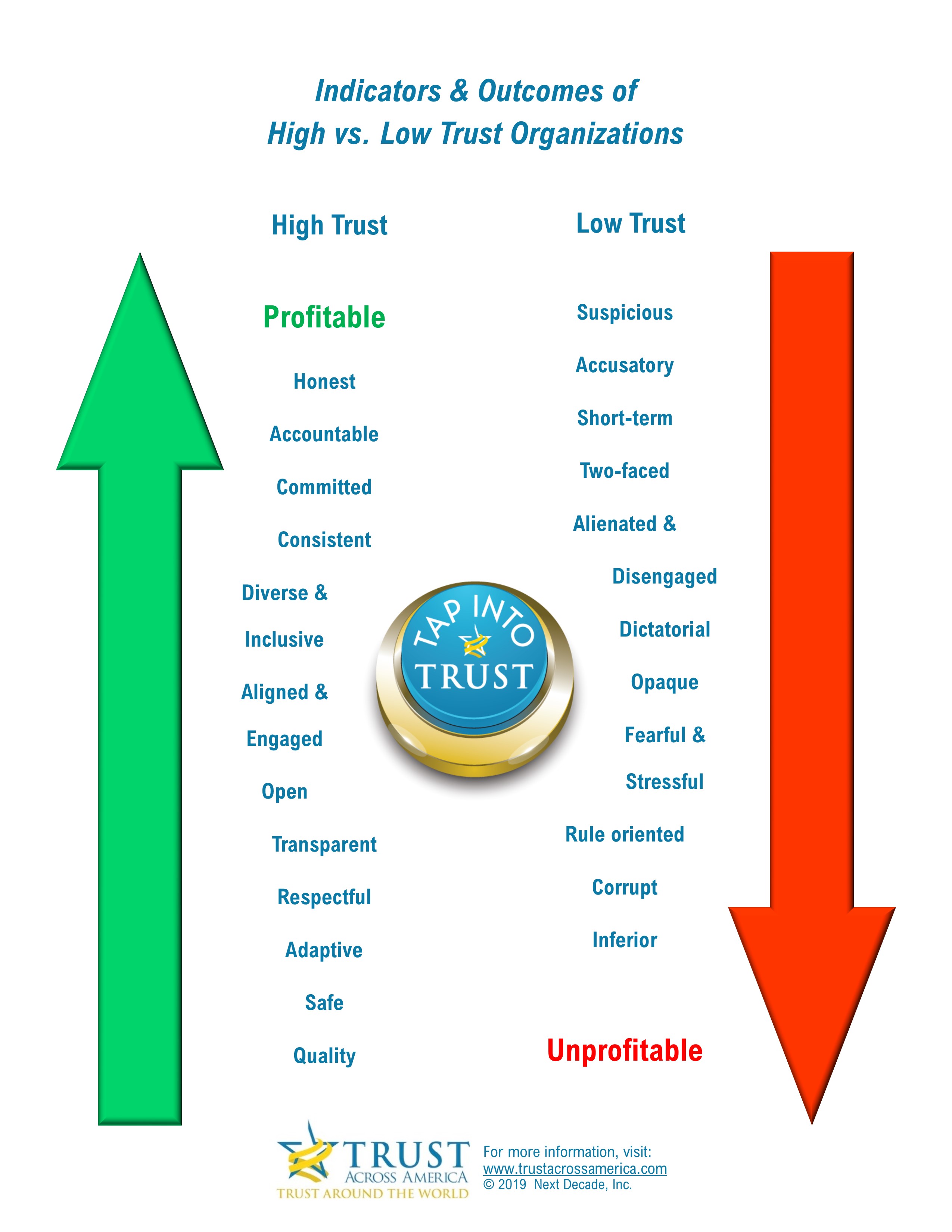
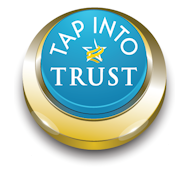

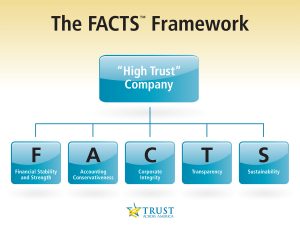
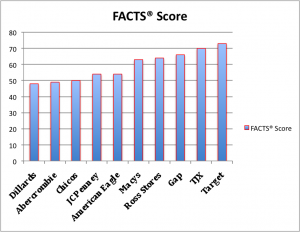

Recent Comments